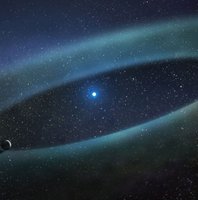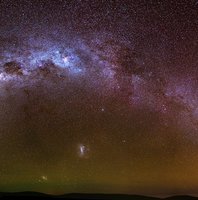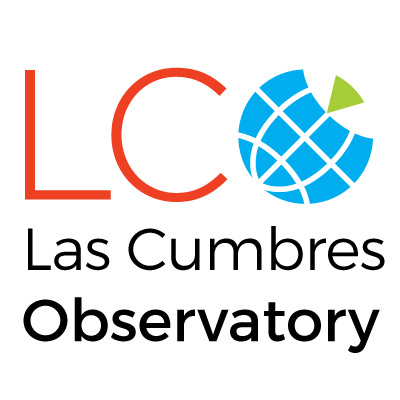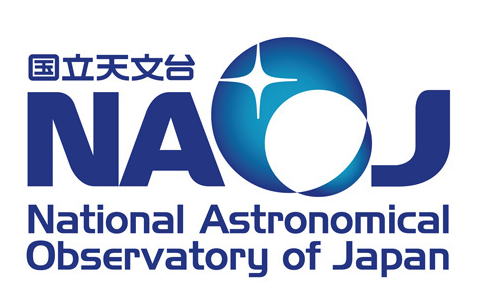Comet Churyumov-Gerasimenko/67P is currently zooming towards the Sun at 60,000 km per hour, that’s more than twice as fast as the Space Shuttle!
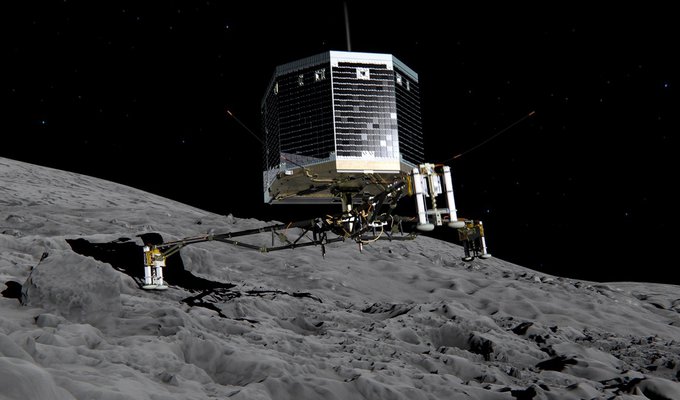
Touchdown! For the first time in human history we have landed a spacecraft on the surface of a comet.
After a 10-year journey, Rosetta and Philae finally reached their destination at Comet 67P/Churyumov-Gerasimenko in August. Since then, Rosetta has been steering closer and closer to the comet, preparing for the mission’s next challenge – dropping Philae onto the surface.
The closer Rosetta got to this strange world, the more wonderful it became. We discovered it’s littered with craters, towering cliffs and boulders the size of houses. There are even jets of gas and dust streaming from the surface.
After many weeks studying the surface of the comet, experts eventually chose the best spot for Philae to land. With this decision made, the next task was to pick the best path around the comet so that Philae would land in the right place.
Finally, it was time for Philae to bid Rosetta farewell and get ready for the biggest challenge yet. Early yesterday morning, Philae began the long descent onto the comet. For seven nail-biting hours, we sat waiting helplessly as Philae drifted through space; with no way of steering if it went off course.
Finally, with a huge sigh of relief and a round of applause, we received word from Philae that it had arrived safely and this extraordinary feat had been achieved!
Already Philae is starting to collect as much information as it can about this fascinating miniature world. Along with Rosetta, which is orbiting closely above the comet, the little probe will help us understand one of the oldest objects in our Solar System.







